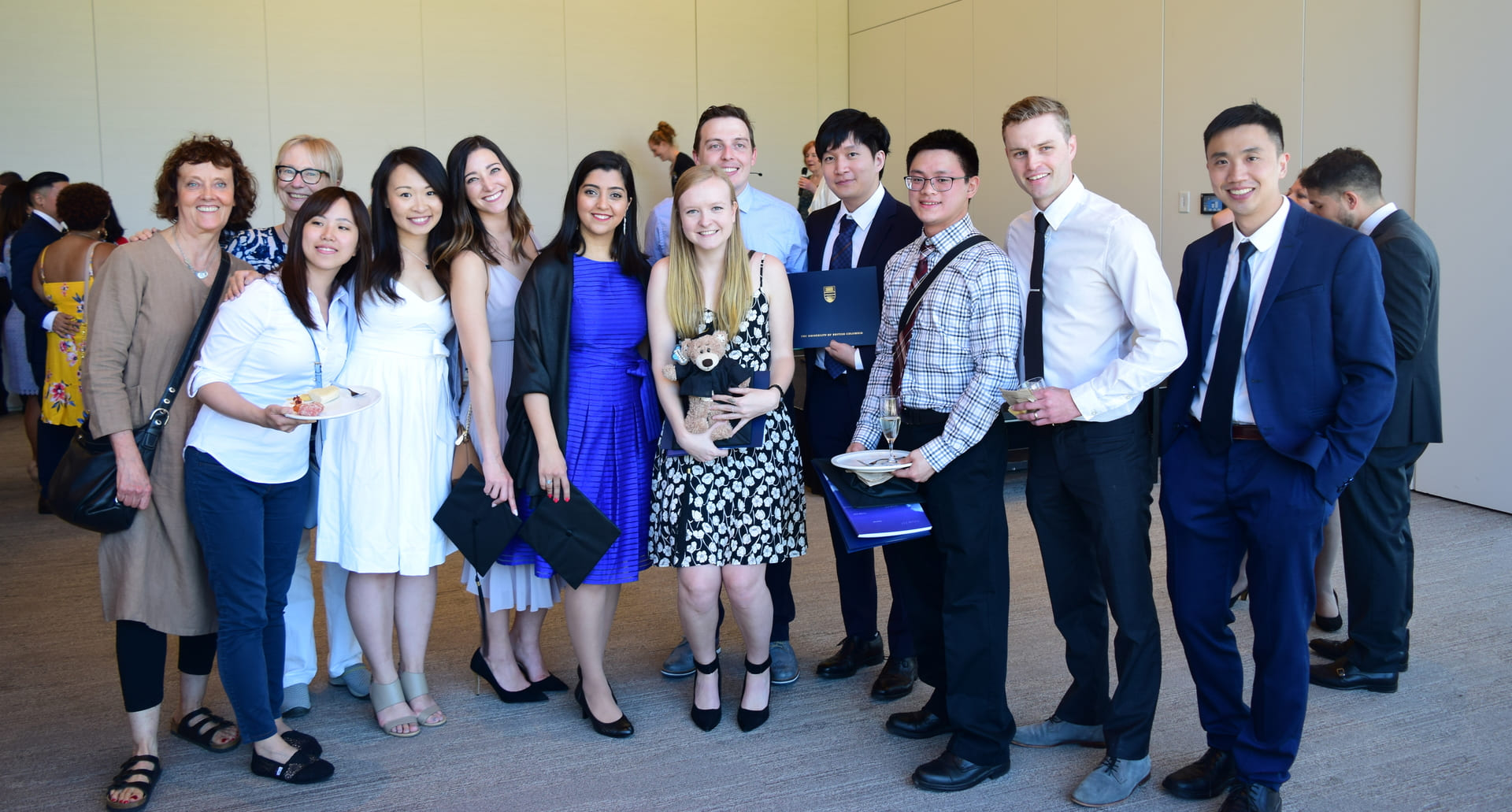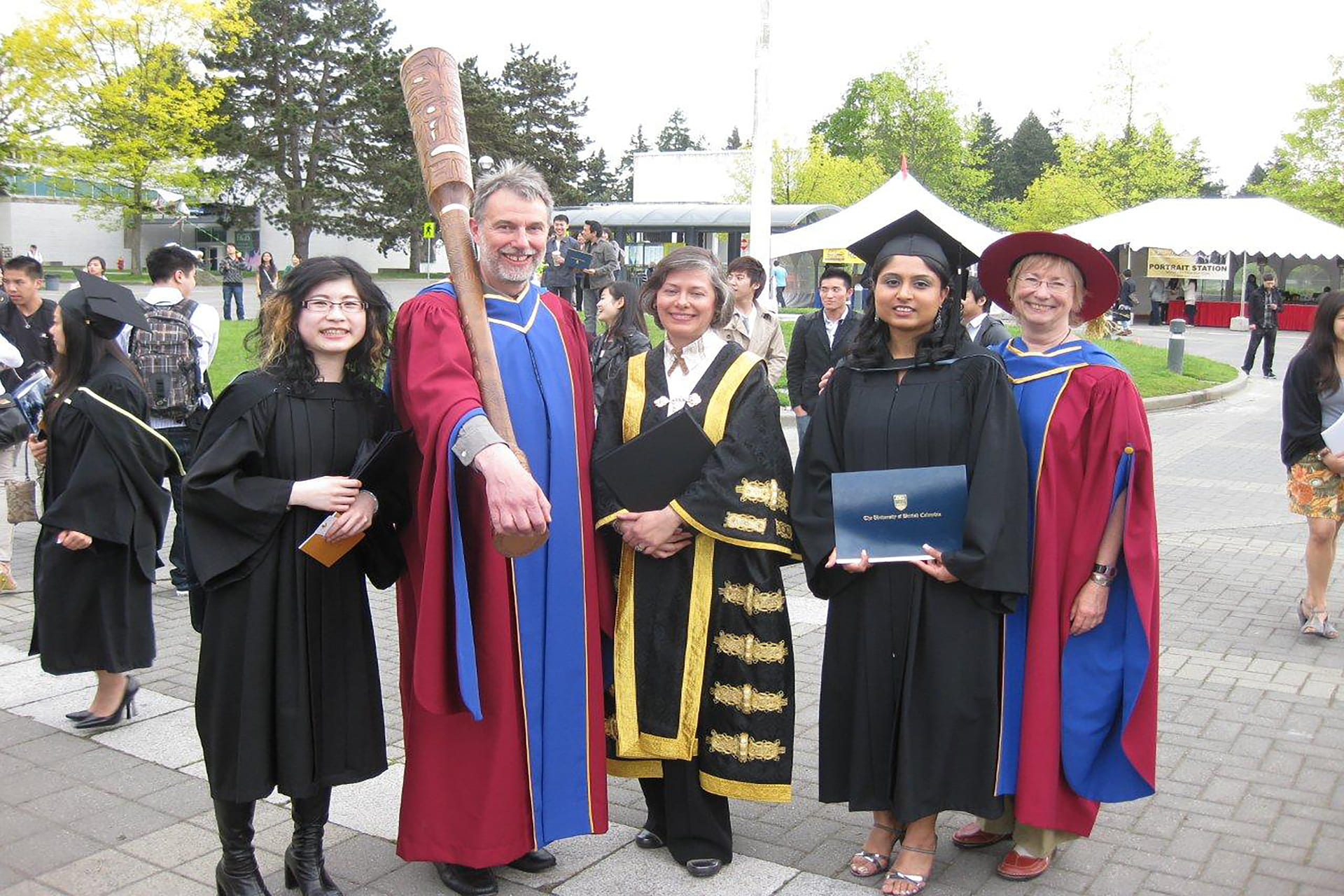
We acknowledge that the UBC Vancouver campus is situated on the traditional, ancestral, and unceded territory of the xʷməθkʷəy̓əm (Musqueam).
MSc OEH Careers and Alumni
MSc OEH Careers and Alumni

From cancer researchers, policy analysts for governments, health and safety managers for airports, and industrial hygienists, the opportunities available to Master of Science in Occupational and Environmental Hygiene and graduates are myriad, and situated all around Canada and the world.
Where do our graduates work?
A survey conducted in 2018 found 25% of respondents were first employed in the Education sector after graduation, 31% in Government, be it local, provincial or federal, 21% in Private Industry, and 15% in Consulting. 22% went on to further education after graduation from the program, including doctorates.
Private Industry
Many of our graduates go on to work for private industry in a variety of roles, including as industrial hygienists, health and safety managers and chemical safety advisors.
Consulting
Consultancy is a dynamic career, and practitioners are contracted by a wide variety of industries to conduct high level investigations, write exposure control plans, or ensure compliance with provincial and federal regulatory agencies.
Education
With a Master of Occupational and Environmental Hygiene in hand, graduates have gone on to study for their doctorates and work as faculty members at universities, where they teach classes and conduct research.
Government
Graduates from the program have gone on to work as policy analysts, statisticians and health and safety officers for provincial and federal governments.
Health Authority hygienists provide services to protect healthcare workers from hazardous exposures in a wide variety of settings from tertiary care hospitals to homecare workers. In British Columbia, WorkSafe BC is the agency responsible to provincial government, industry, and labour to ensure worker safety and health, employing policy researchers, compliance officers, and statisticians, among other professionals.
